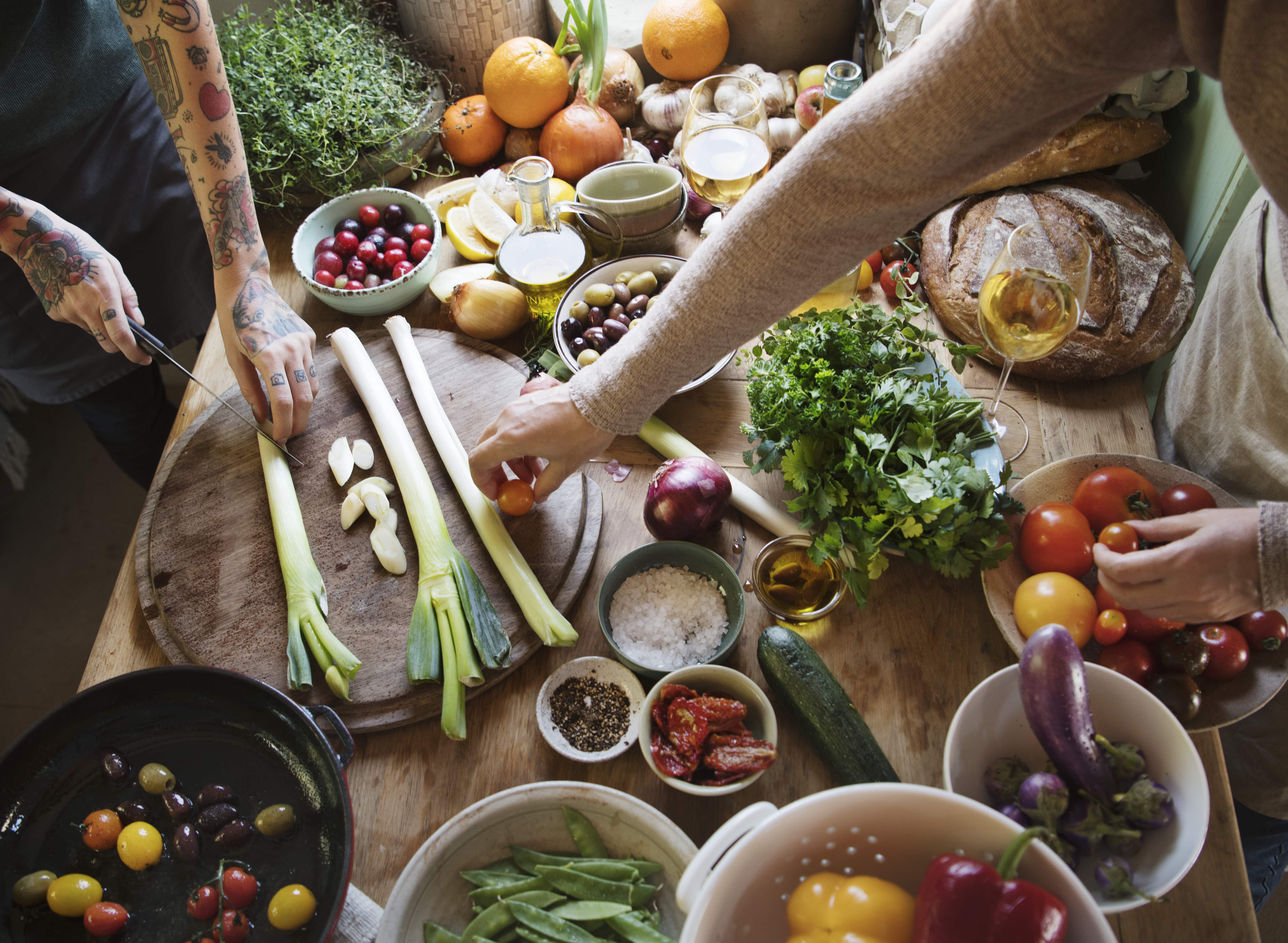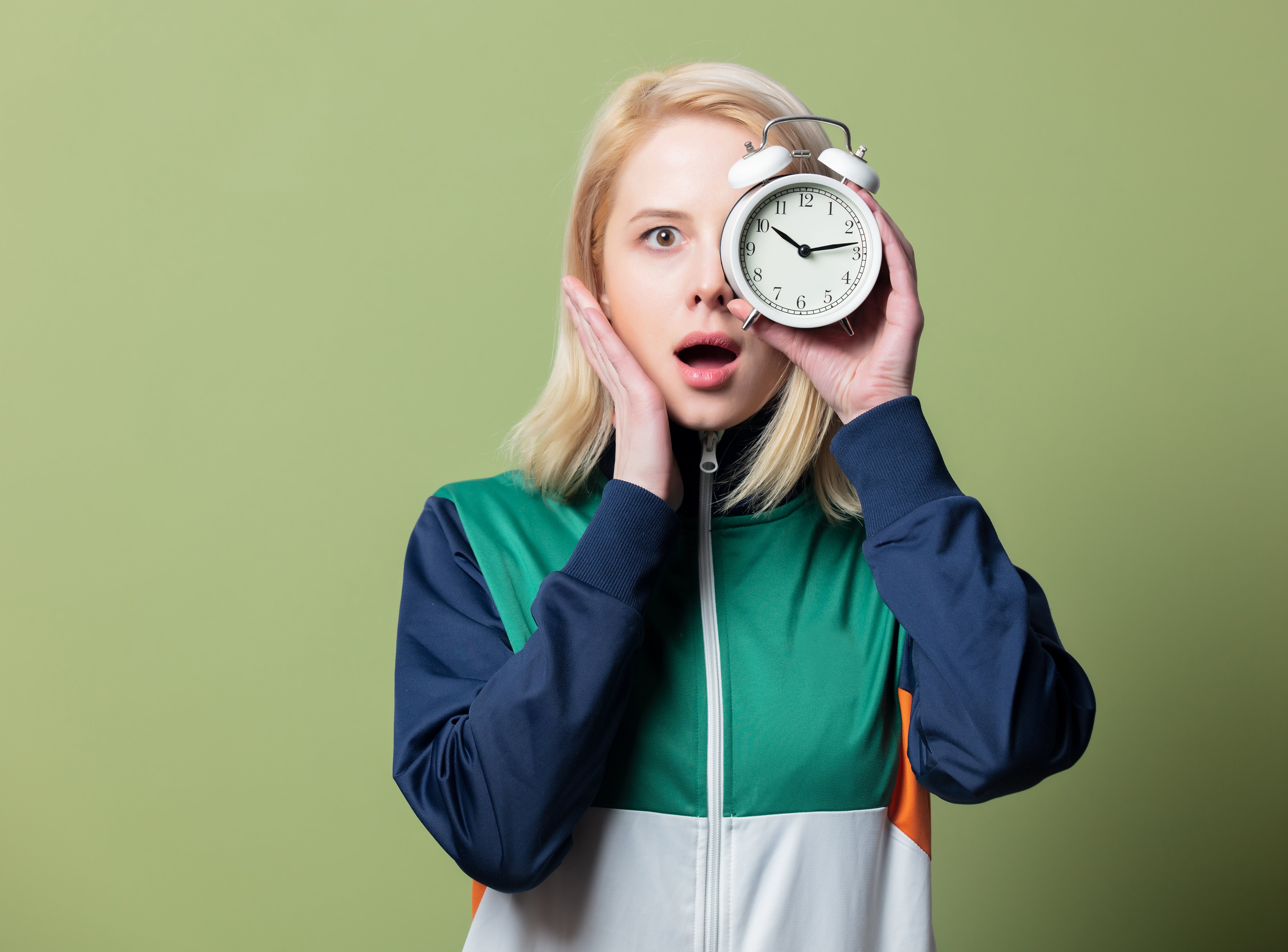Healthy Choices vs. Healthy Eating? The Biggest Paradox Amongst Women
- Talia Dali
- Food & Hormones
We live in a world overflowing with health advice. Podcasts, food documentaries, wellness blogs, skincare swaps... it’s never been easier to be aware of your choices. We buy organic veggies, swap shampoo for something with a green leaf on the label, clean our sinks with vinegar and lemon, and preach about hormone disruptors like seasoned experts.
And yet...
A curious little paradox is simmering under all this health wisdom:
Women are quietly under-eating protein.
Not on purpose. Not out of neglect. In fact, quite the opposite.
They're doing "all the right things" — and still wondering why they feel tired, foggy, bloated, unmotivated, or just... off.

A New Kind of Malnourished
We’ve become so good at eating light that we forgot to eat right.
It’s not about good vs. bad. It’s not chocolate muffins vs. carrots. It’s about understanding your body’s basic code. And one of the first lines in that code? Eat enough protein.
What I often see in practice boils down to two patterns:
Under-eating protein — and then compensating with (often healthy!) carbs and fats.
Eating in a way that slows metabolism — usually by skipping breakfast and having the biggest meal at night.
Case in Point:
Here’s a real (and very typical) menu I see often with my clients:
Chocolate muesli + oats + banana
Tea, orange juice
Lunch
Salad with tomato avocado and chicken
Chocolate dessert
Apple, coffee, square of chocolate
Dinner
Eggplant and potato gratin with tomato sauce
Cheese and bread
Apple
Sounds familiar? It looks healthy. Feels virtuous. Balanced even.
But it’s missing the protein support that body needs to function at full power — physically, mentally, hormonally.

Is Your Brain Actually Just... Hungry?
Every system in your body — from mood to metabolism, digestion to decision-making — relies on energy. And where does that energy come from? From food. And especially from protein.
Protein isn’t just about muscle mass or fitness goals. It’s a builder. A messenger. A mood-stabilizer.
When you're low on protein:
Your brain can’t make enough serotonin or dopamine.
Your liver gets lazy about detoxing hormones.
Your thyroid slows down.
Your muscles shrink and bones weaken.
And suddenly... you’re bloated, exhausted, wired-but-tired, and wondering why your workouts aren’t working.
"But I'm Eating Clean..."
Yes, you are. And that’s part of the paradox.
You're skipping breakfast (because intermittent fasting, right?). You’re having a tiny lunch. And you’re eating the biggest meal late at night when your metabolism is winding down.
Add coffee and stress, and your cortisol’s on a rollercoaster.
By 6 p.m. you’re holding it together with adrenaline and dreams of cheese, chocolate... or wine.
No judgment — you’re not broken. You’re just under-fueled.

Timing Is Everything
Here’s a secret most diets forget to mention:
Your metabolism is faster in the morning.
So that’s when your body is best at:
Digesting protein
Burning energy
Thinking clearly
If you want to lose or maintain weight, consider this simple rhythm:
Eat a real breakfast (with protein!)
Have a balanced lunch
Keep dinner lighter, finishing slightly hungry
That alone creates a 100–200 kcal deficit without deprivation. And here’s a bonus: protein needs 20% more energy to digest than carbs or fat. So yes — eating enough protein is a metabolic win.

The Swiss Twist
Living in Switzerland, I’ve noticed a classic pattern:
Skip meals during the day (too busy)
Make up for it with cheese and chocolate in the evening
But here's the catch:
Cheese is mostly fat, not protein (surprise!).
Chocolate = fat + sugar. A hug in disguise, yes — but not fuel.
These foods soothe a stressed system... temporarily. But they don’t replenish what your brain, hormones, and muscles actually need.
Final Thoughts
This isn’t about giving up your rituals. It’s about reclaiming your fuel.
So next time you're sipping your green smoothie or nibbling on your cracker, ask: Where is the protein?
Because your mood, metabolism, and hormones are all asking the same thing.
Want to know how much protein your body actually needs? I break that down in another article .